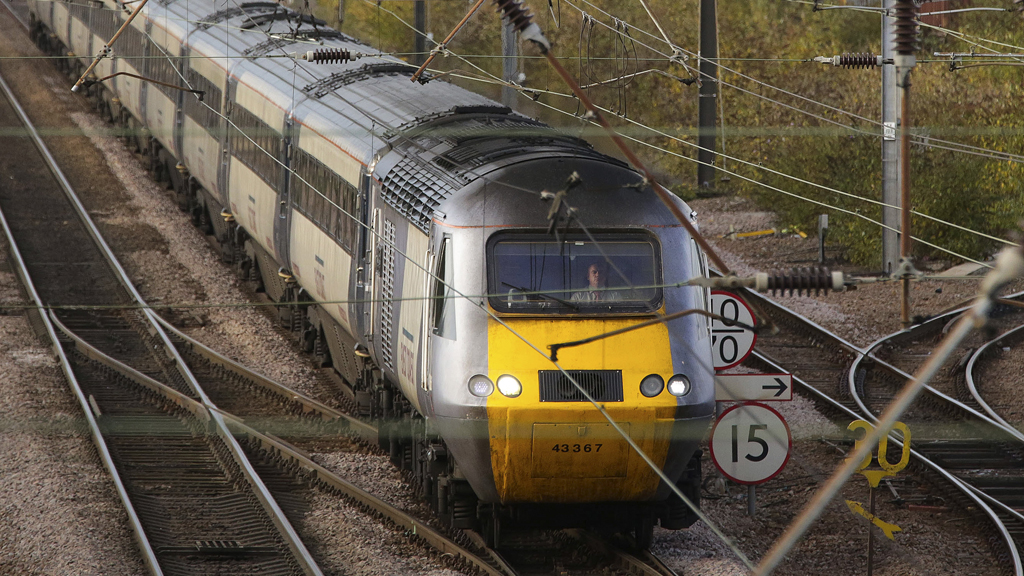Rail fare rises take effect on UK trains
As rail fare price hikes kick in on trains across the country, campaigners call for an end to above-inflation rises amid widespread anger at continuing increases.

The average season ticket is rising by 4.3 per cent while the overall rise for all tickets is 3.9 per cent.
The TUC has claimed average train fares have risen nearly three times faster than average wages since the beginning of the recession in 2008.
Sustainable transport charity Sustrans warned the fare rise would mean many people would struggle to access jobs, family and healthcare.
Sustrans Chief Executive Malcolm Shepherd said: “Train travel is becoming increasingly unaffordable just as more and more families are facing debt from car costs.
“Many are facing a stark choice: fork out for expensive train travel, own a car and cut back on essentials, or stay put and miss out on jobs and opportunities.
We understand commuters don’t like to pay more to travel to work but it is the government, not train companies, that decides how much season tickets should rise on average. Michael Roberts, chief executive of the Association of Train Operating Companies
Michael Roberts, chief executive of the Association of Train Operating Companies, blamed the government.
He said: “We understand commuters don’t like to pay more to travel to work but it is the government, not train companies, that decides how much season tickets should rise on average each year.
“Successive governments have required train companies to increase the average price of season tickets every January since 2004 by more than inflation.
“Ministers want passengers to pay a larger share of railway running costs to reduce the contribution from taxpayers while sustaining investment in better stations, new trains and faster services.”
Passengers must contribute
But Transport Minister Norman Baker said the government had intervened to reduce the scale of the rises.
He said: “Family budgets are being squeezed, so that is why this coalition government has taken proactive steps to cut the planned fare rises from 3 per cent to 1 per cent above inflation until 2014.”
He went on: “We are engaged in the biggest rail investment programme since the 19th century and it is only right that the passenger, as well as the taxpayer, contributes towards that.
“In the longer term we are determined to reduce the cost of running the railways so that we can end the era of above-inflation fare rises.”
-
Latest news
-
As India goes to the polls in the world’s largest election – what do British-Indians think?6m

-
Tees Valley: Meet the candidates in one of the biggest contests coming up in May’s local elections4m

-
Keir Starmer says public sector reform will be a struggle7m

-
Nicola Sturgeon’s husband Peter Murrell charged with embezzlement of funds from SNP1m

-
Ukraine might finally get $60billion in American weapons and assistance to defend against Russia3m

-




